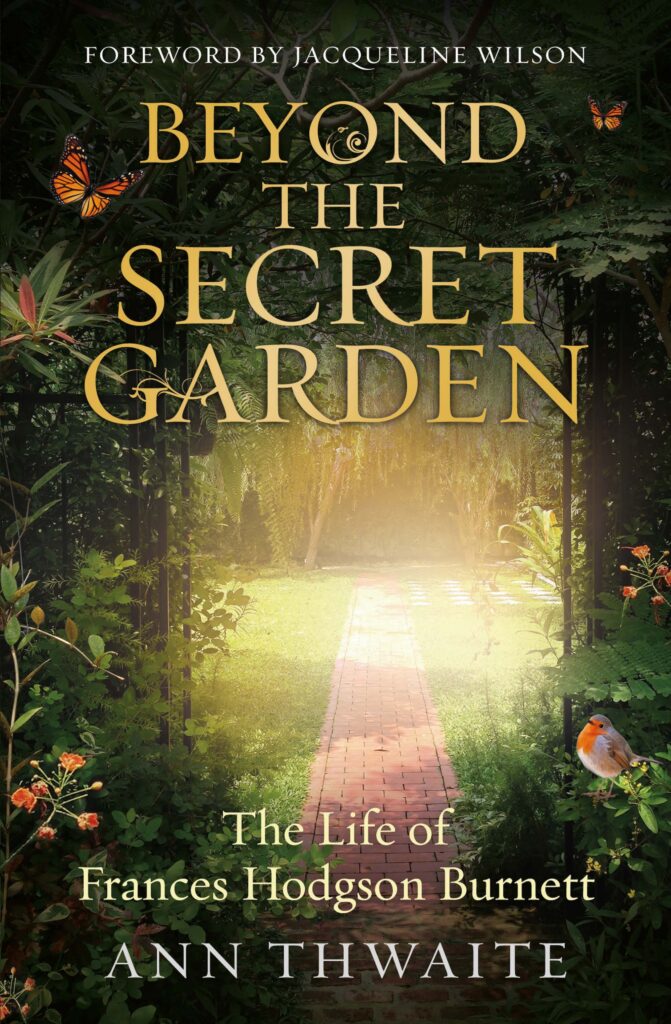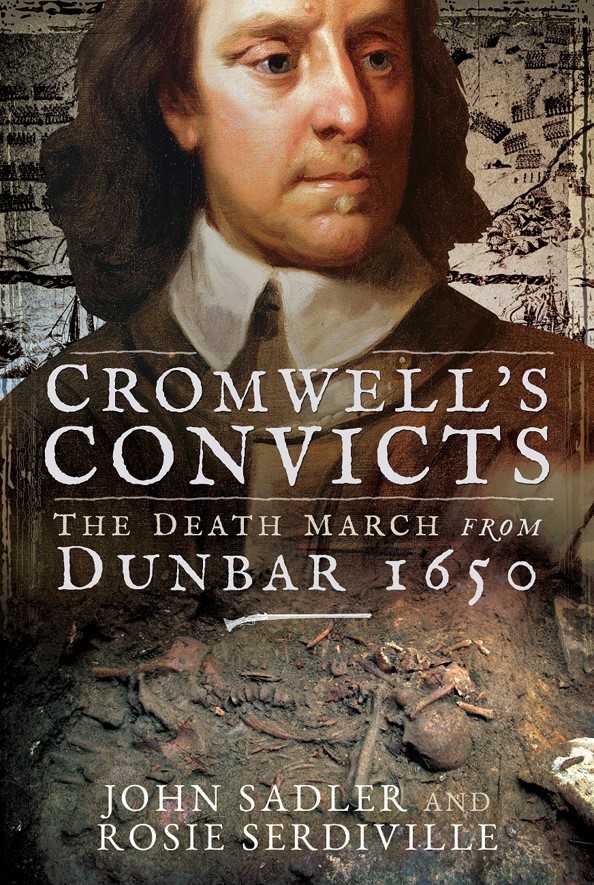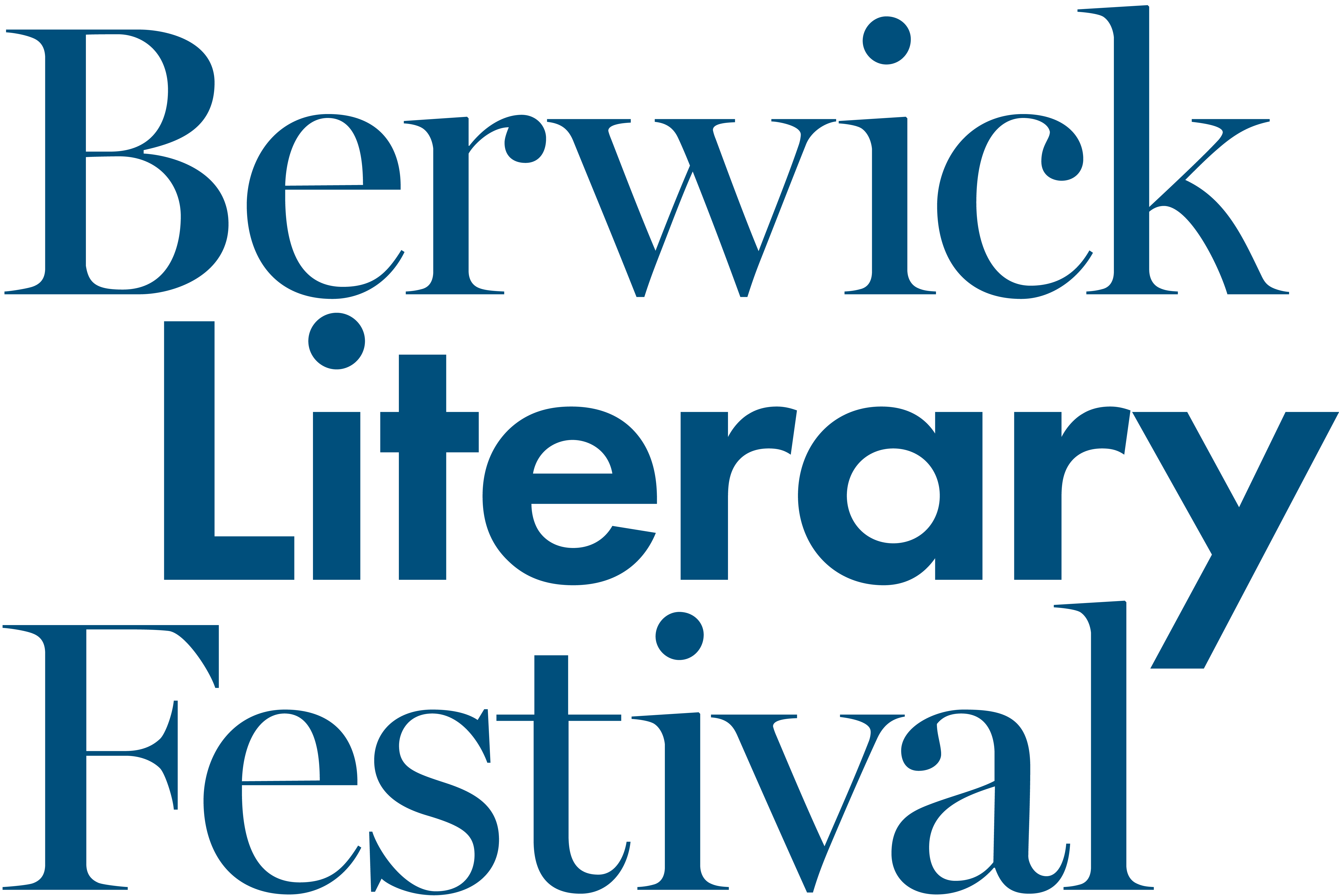Hearing and seeing writers talk about or perform their work is always a great privilege. They have such interesting things to say.
Biographer Ann Thwaite told some brilliant anecdotes today. From her childhood in New Zealand; to her travels to Japan (she’s been 11 times); and about her life in Norfolk.
In Norfolk, she ran a children’s library for 20 years (1973-1993). The nearest library was some nine miles away in Norwich – so not practical for drop-ins. She opened up every Monday afternoon. She did this while having her own children, writing and reviewing children’s books, and researching and writing biographies on Frances Hodgson Burnett, Edmund Gosse, Philip Henry Gosse, Emily Tennyson and A. A. Milne. What a woman!
I have two favourite quotes from Ann’s marvellous conversation with Stephen Platten:
I deliberately didn’t learn to type. A bit of a handicap for the contemporary world. But, unlike many of my female contemporaries at university who did learn, I never found myself typing other people’s work.
Memory is very unreliable. Which is a very good thing to remember as a biographer.

John Sadler and Rosie Serdiville gave a graphic and fascinating insight into Cromwell’s Convicts: The Death March from Dunbar 1650. A book I absolutely must read now I’ve heard the high (and low) lights of the events.
It’s the gruelling tale of how 5000 Scottish prisoners of war were marched from Dunbar to Durham. A tale of harrowing cruelty and deprivation. Half of the prisoners died en route – they received no food or water. Many who survived the march died when they were ‘warehoused’ in Durham Cathedral. This is what Sadler calls ‘Durham’s dirty secret’. A secret uncovered when bodies of those who died were dug up in Palace Green near the Cathedral.
The final survivors of the march were shipped as saleable commodities to the Americas.
The amount of information that Serdiville and Sadler have uncovered about the lives and journeys of these surviving prisoners is extraordinary. Some of the young men ended up in Saugus, Massachusetts. They were sold into service in the iron works there or as indentured servants around the works and local area.
Amazingly, the few survivors from the march, which Sadler calls: ‘one of the worst atrocities in British history’, have produced some 250,000 descendants in the States. Which feels like a ray of sunshine from something so terrible.
What’s almost certain is that of those young men who left Dunbar in the pouring rain on 3rd September 1650, none of them would ever see their homes in Scotland again.

Finally this evening I was totally spellbound by the limber loquacious lingua of passionate performance poet and mesmerising melodic mathematician Harry Baker. He’s managed to harness his dual identity into what he calls a ‘maths nerd-poetry fusion’.
This guys spins words out of words at an impossible rate of knots to create thought-provoking, mind-numbingly intense poetry on themes that matter to us all.
The unlikely maths-poetry pairing makes total sense when you hear Harry’s poems and listen to him talk about the patterns that emerge from both. For example, it was only after he noticed that chemotherapy has ‘mother’ in the middle that he could start to write a poem about his mum’s breast cancer. And his poem Marathon harnesses the idea that ‘smiles’ is the longest word in the English language because it’s got ‘miles’ in the middle. The poem covers off every single mile you’d run in a marathon with a canny mathematical wordplay.
Towards the end of this evening’s session, Harry talked about the dearth of performance opportunities since lockdown and how great it was to have an audience here at Berwick Literary Festival – albeit a Zoom one.
Harry asked if we were missing hugging. Yes, Harry, I think we can safely say that lots of us are. But your gift of a performance tonight was like a lovely great big virtual hug to all of us in the audience.

It is often when I get lost in patterns that I discover what I really think about things
Maths and poetry have one thing in common. Lots of people think they don’t like them. So you have to trick them. That’s what happened to me when someone put ‘slam’ on the end of ‘poetry’.

Buy the Books from a local Bookshop! Click Here!
Beyond the Secret Garden: The Life of Francis Hodgson Burnett (with a Foreword by Jacqueline Wilson) Ann Thwaite Duckworth
Cromwell’s Convicts: The Death March from Dunbar 1650 John Sadler and Rosie Serdiville Pen and Sword
The Sunshine Kid Harry Baker Burning Eye Books
